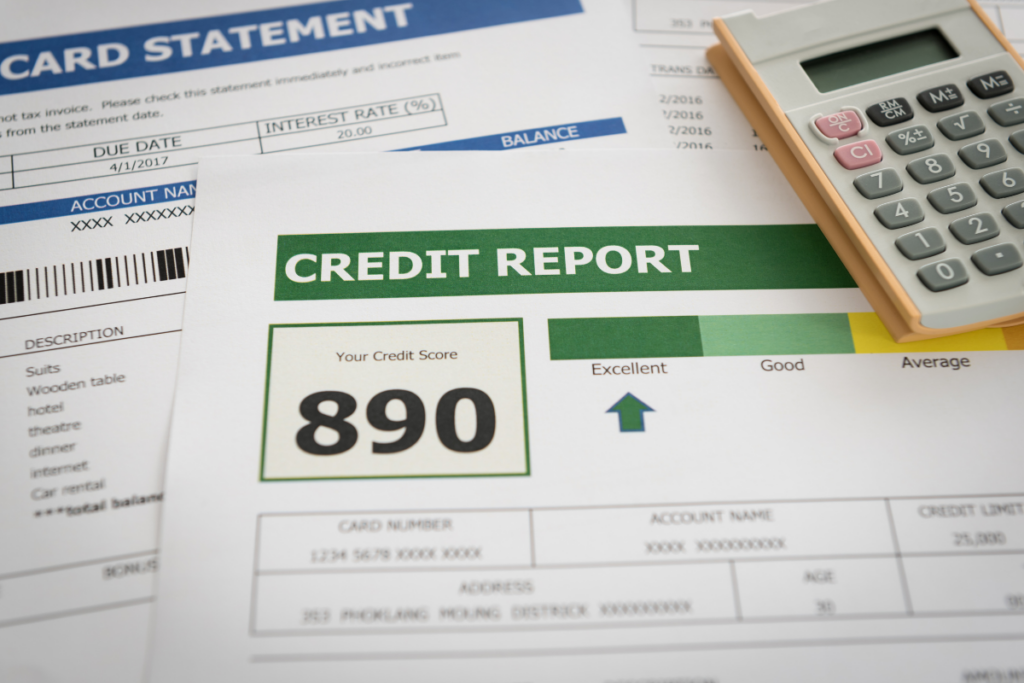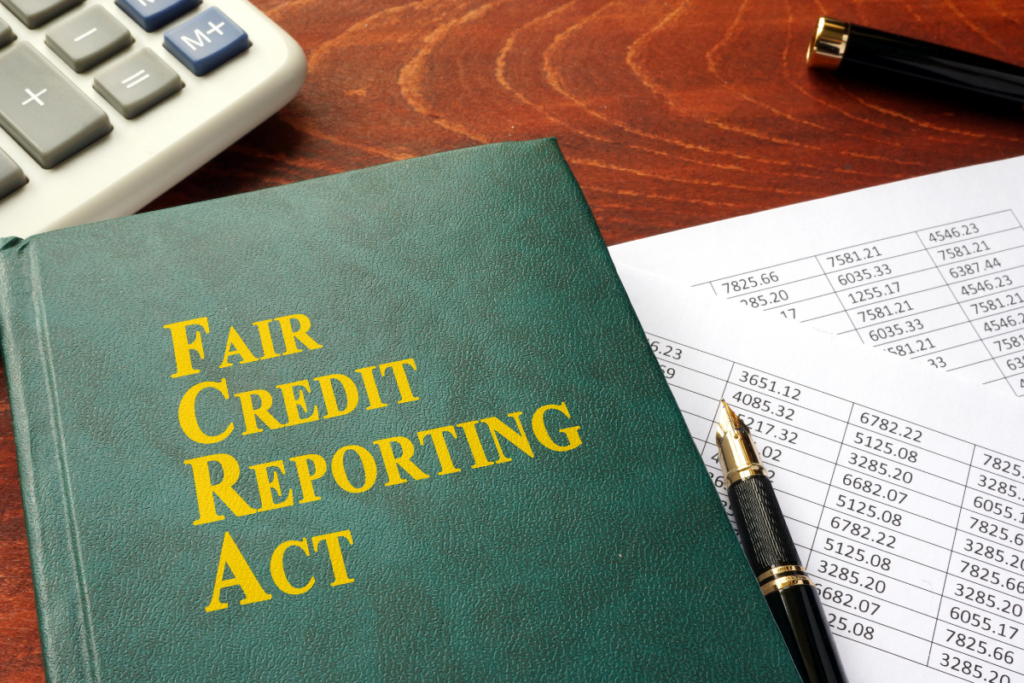When Does Capital One Report to Credit Bureaus?
Credit is crucial, but it is not always easy to figure out the mechanics of how one affects one’s credit score. There’s one important thing that you should know : when your lender reports information to the major credit bureaus.
If you have a Capital One credit card or loan, you probably also have a few questions like: ‘When does Capital One report to credit bureaus?’ In this article, we will cover all the basics about Capital One reporting and how it impacts your credit score.
Understanding Credit Bureau Reporting

As it is common with most major credit card companies, Capital One directly communicates its customers’ account information to the three credit reports agency’s namely Experian, Equifax, and TransUnion.
These bureaus collect information from creditors to prepare your credit report – which is used to compute your credit score. People need to realize that the score is dynamic and changes with the information reported on your credit profile.
Capital One normally provides notification on balance, payment records, and any other event which may cause change. This information has a direct bearing on your credit rating and affects matters such as visibilities for loans and reasonable interest rates. Therefore, we can be able to schedule our usage of the credit card depending on the time that Capital One sends updates.
🚨 TUIC Errors + Low Credit Score?
CreditScoreIQ helps you build credit faster by reporting utility bills to all 3 bureaus—while you dispute errors.
Start Building Credit Today →How Credit Bureaus Work
Before delving deeper into the influence of Capital One reporting it is useful to understand how credit bureaus function. Consumer credit reports refer to institutions that collect and store data about credit consumers. They source information about your financial status from other lenders and any other financial institution they wish to. This profile can be used by lenders who in turn assess your creditworthiness hence giving you a summarized opinion.
There are three major credit bureaus in the United States: Experian, Equifax, and TransUnion. Each of these bureaus compiles information from lenders, such as Capital One, and creates an individual credit report. Your credit score is calculated based on the information in your credit report, and different lenders may use different bureaus to evaluate your creditworthiness. Since Capital One reports to all three major credit bureaus, the information provided is consistently updated across the board, which helps ensure that your credit profile is accurate.
Factors that Affect Reporting
It’s important to note that certain factors can influence how and when Capital One reports information to the credit bureaus. For example, if you make a large purchase or carry a higher balance than usual, this will be reflected in the report sent to the credit bureaus. Additionally, any missed or late payments will also be reported, which could negatively impact your credit score.
Capital One reports both positive and negative account activity, which means that paying on time and keeping a low balance will reflect positively, while missed payments and high balances could have a negative impact. By understanding these factors, you can manage your Capital One account in a way that maximizes the positive impact on your credit score.
When Does Capital One Report?
Capital One usually reports to the credit bureaus once a month. This reporting generally occurs right after your billing cycle ends. This means that the balance showing on your credit report will reflect what you owe at the end of your billing cycle, not necessarily what you owe on the day the credit bureau receives the update.
For most cardholders, the reporting date is around the same time every month, but the exact day may vary slightly. It’s important to note that the information being reported includes your balance as of your last statement date, rather than your current balance. This is why paying down your balance before your statement closes can be beneficial—it results in a lower reported balance, which can help improve your credit utilization ratio.
What Information Does Capital One Report?
The information that Capital One reports to the credit bureaus includes:
- Account Balance: The amount of money you owe on your credit card at the end of the billing cycle. This is the balance that is reported to the credit bureaus and used to calculate your credit utilization ratio.
- Credit Limit: The maximum amount of credit that is available to you. Your credit limit is reported each month and plays a key role in calculating your credit utilization.
- Payment History: Whether you made your payment on time or missed it. Payment history is one of the most significant factors that influence your credit score.
- Account Status: The current status of your account, such as whether it is open, closed, or in good standing.
Knowing what information is being reported can help you make informed decisions about how you use your credit card and manage your overall credit profile.
How Capital One Reporting Affects Your Credit Score

The timing of Capital One’s reports to the credit bureaus can significantly impact your credit score. Here are some key points to keep in mind:
- Credit Utilization: Capital One reports the balance from your statement date. If you carry a high balance compared to your credit limit, this will reflect a high credit utilization ratio, which can negatively affect your score.
- Payment History: Consistently making payments on time is one of the most significant factors that affect your credit score. Since Capital One reports your payment activity, on-time payments will help improve your credit score.
- Credit Limit: Capital One reports your credit limit, which impacts your credit utilization ratio. If you increase your credit limit without increasing your spending, your utilization ratio will decrease, positively affecting your score.
Credit utilization and payment history are two of the most critical factors that influence your credit score. Credit utilization refers to the percentage of your available credit that you are using at any given time. For example, if your credit limit is $10,000 and your balance is $5,000, your credit utilization is 50%. Experts generally recommend keeping your utilization below 30%, and ideally below 10%, to maximize your credit score.
Payment history, on the other hand, reflects how consistently you pay your bills on time. Capital One reports whether you make each payment on time, and a history of on-time payments can significantly boost your credit score. Conversely, missed payments can have a negative impact and remain on your credit report for up to seven years.
Impact of Carrying a Balance
One key aspect of Capital One’s reporting is that they report your balance as of your statement date, not necessarily your current balance. This means that even if you pay off your balance in full each month, if you carry a high balance as of your statement date, it could still negatively impact your credit utilization ratio. For this reason, paying down your balance before the statement closing date can help ensure that a lower balance is reported, leading to a more favorable credit utilization ratio.
How to Improve Your Credit Score with Capital One
Understanding how Capital One reports to the credit bureaus gives you an opportunity to take proactive steps to improve your credit score. Here are some tips on how to use this information to your advantage:
- Pay Down Your Balance Early: If you want to lower your credit utilization, pay down your balance before the statement closing date. This will ensure that a lower balance is reported to the credit bureaus.
- Set Up Alerts: Use Capital One’s account management tools to set up alerts for upcoming due dates and statement closing dates. This can help you stay on top of your payments and avoid late fees.
- Increase Your Credit Limit: If you have a good payment history, consider asking Capital One for a credit limit increase. This can help lower your credit utilization ratio and improve your credit score.
4. Best Practices for Managing Your Capital One Account
If you want to make sure Capital One’s reporting benefits your credit score, consider the following best practices:
- Keep Credit Utilization Low: Aim to keep your balance below 30% of your available credit limit. If possible, keeping it below 10% can provide an even better boost to your score.
- Pay Before the Statement Date: Since Capital One reports shortly after the billing cycle ends, paying down your balance before your statement is generated will result in a lower reported balance.
- Avoid Late Payments: Payment history is the largest component of your credit score. Setting up autopay can help you avoid missing a payment.
- Regularly Monitor Your Credit Reports: Check your credit reports from Experian, Equifax, and TransUnion regularly to ensure that all information being reported is accurate. If you notice any discrepancies, contact Capital One or the credit bureau to have them corrected.
- Manage Multiple Credit Cards Carefully: If you have multiple credit cards, be mindful of how each card’s reporting schedule impacts your overall credit utilization. Spread out your spending and payments across cards to maintain a balanced utilization ratio.
By practicing these habits, you can ensure that your Capital One account reporting works to improve your overall credit standing.
When Do Other Lenders Report?
Understanding the timing of reporting from various lenders can help you manage multiple accounts. Below is a summary of the general reporting practices of major credit card issuers:
| Lender | Reporting Frequency | Typical Reporting Date |
| Capital One | Monthly | After the statement closing date |
| Chase | Monthly | Typically around the statement date |
| Discover | Monthly | Shortly after the billing cycle ends |
| American Express | Monthly | Around the billing cycle close |
| Citi | Monthly | Typically within a few days post-cycle |
Knowing when different lenders report can help you strategically manage your credit card payments. For instance, if you know that one lender reports earlier in the month, you can prioritize paying down that balance first to ensure that your credit utilization remains low when it is reported.
Conclusion
Capital One reports to the major credit bureaus once a month, usually right after your billing cycle ends. Knowing when this happens is key to managing your credit score effectively. By keeping your credit utilization low, making on-time payments, and understanding the impact of monthly reporting, you can leverage this knowledge to boost your credit profile.
Always remember, credit scores fluctuate constantly. Monitoring your score, using credit wisely, and planning your payments ahead of time can keep you on track toward building a strong credit history. For more tips on managing your credit, check out this guide on improving your credit score.
Ready to Improve Your Credit?
Disputing TUIC errors is step one. Step two? Boost your score by reporting utility payments with CreditScoreIQ.
Get Started Now (Only $1 Trial) →3-bureau reporting • $1M identity insurance • Dark web monitoring
